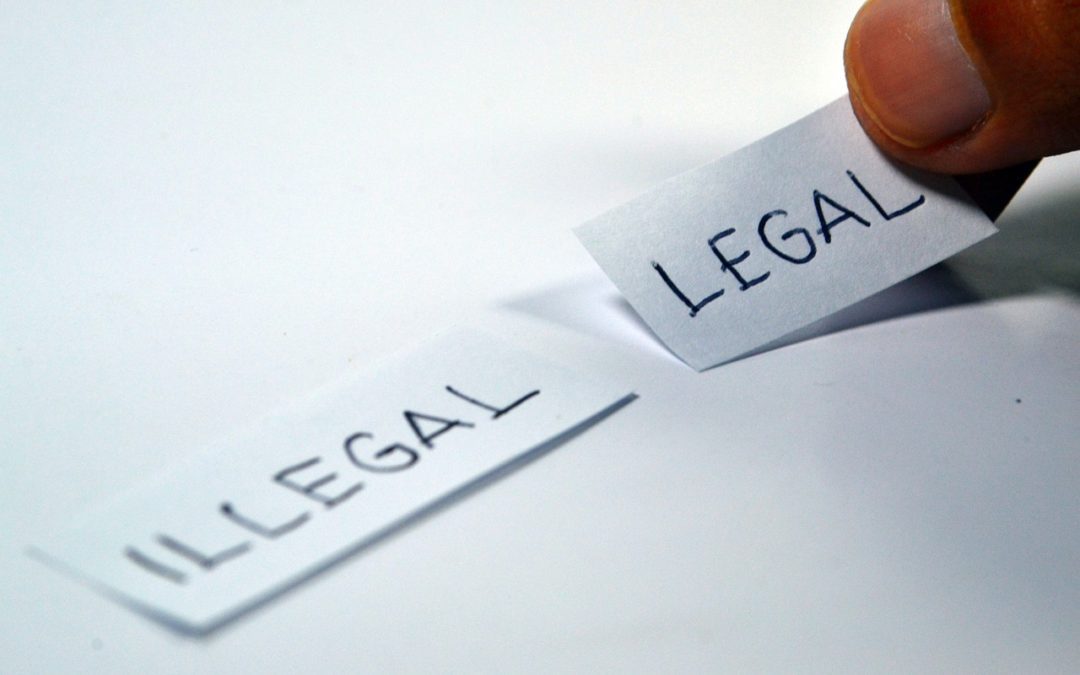Overview
Highly successful executives and professionals are tasty targets for hungry prosecutors and perceived (and, sometimes real – unaccountable) victims.
Point? Victory over victimhood.
Alert
Look around. Be acutely aware of envy, jealousy, ambulance chasers, whiners, short memories, and most of all, regulators and government officials with blank checks and omnipotent authority. Frequently, criminal problems begin with civil problems. Judgments, bankruptcies, TROs, and all types of civil claims of wrongdoing.
Truth
Look within. Are you squeaky clean? If not, why not? If not, clean it up legally and ethically. A prejudicial theme persists about successful executives, professionals, and entrepreneurs. That is that some, maybe many actually set out with bad intentions so the intent for wrongdoing is a foregone conclusion. This is patently false. As in politics, the grand majority of successful people have good intentions, not bad ones. Stuff happens and good turns to bad in waves. If it’s gone too far already, keep reading.
Allegations-Charges
White collar offense(s), theft, fraud, asset commingling, bank violations, stock manipulation, front running, real estate diversions, dealers, developers, builders – “out of trust”, money laundering, securities fraud, embezzlement, SEC criminalized regulations, so–called Ponzi schemes, and related types of allegations.
Myth 1
White collar, and similar type charges, allegations, claims, etc. are clear cut, unambiguously designed, and charged by reliable statutes, constitutional, and case law authority standards.
Myth Buster 1…
Absolutely untrue. In fact, most if not all of the legal authorities, regulations, rules, statutes, and even SCOTUS findings – dicta, even holdings – are woefully unclear, vague, conflicted, and open to dramatic interpretation. This truth is a double-edged sword. Your best friend or your worst enemy depending on your preparation excellence, and often who you select as experts and how deeply you coach and prepare them for the desired outcomes.
Myth 2
That high-price, six-figure (seven?) defense lawyers know the law, statutes, and constitutional contexts and interactive complexities of the charging statutes, and the interwoven matching to the alleged bad acts of the client. That the intricacies of your case don’t grade A+++ on experientially, they study, role play, invite devil’s advocate – enemy debate brawls, etc.
Myth Buster 2…
Nope. Not even close. Imagine your cardiac surgeon winging the open-heart procedure. Lawyers and their minions are human. “This case is just like the one in 2019 – you know, Larry’s trial in LA.” Point? You, not your chief lawyer – YOU are responsible for YOUR defense team selection process. YOU are responsible for holding the collective feet to the fires as it is YOUR life on the line, NOT theirs. Sounds easy but it’s not, and we understand. We are your lifeline, your special agent – your failsafe.
Myth 3
Prosecutors willingly share all exculpatory evidence with the defense, and, that discovery is an “open book” of a level playing field. The United States Constitution’s Sixth Amendment absolutely guarantees an adversarial battle between the government and the accused.
Myth Buster 3…
The defense team must do their own homework, investigations, and deep-dig research and never rely on the data from the government. The promise of equitable and blind scales of lady justice is a fantasy. It is your lawyer’s job to level the playing field first, then tilt it to your distinct advantage. Just as we are guaranteed the pursuit of happiness rather than happiness itself, your guarantees are only as good as legal teams force them to be.
Myth 4
Prior bad acts – neither charged nor prosecuted, and negative statements and testimony about you, hearsay – hearsay upon hearsay, cannot be used against you. You should not testify on your own behalf, especially not if you have a prior negative history which is fair game at trial.
Myth Buster 4…
For the most part, prosecutors are more highly skilled in the art of manipulation of evidence than defense lawyers. It is the accused defendant’s job to be extremely alert and careful here. Be sure that your defense team is prepared to counter-punch and provide the knockout blows in direct examination if you choose to testify. Do not automatically reject your own testimony because of some negative records, particularly if such data has nothing to do with the charges at hand. The jury wants to hear your side of the story. If they don’t, why shouldn’t they believe victims, experts, regulators, and compelling prosecutors? Top-drawer lawyering can often mitigate and neutralize, even turn to your advantage, what appears to be damaging testimony.
Myth 5
We’ll win this argument on appeal. If there’s one common theme for every defendant we’ve worked for it’s this stock, boiler-plate lawyer speak, “Don’t worry, I’ll preserve this claim (issue, argument, evidence, objection, etc.) on the record on appeal…” In your mind, the question is “Why aren’t we tackling this now?” “What are we waiting for?” Guess who’s right. Yes, it is you.
Myth Buster 5…
Please don’t let this happen to you. Even if this is an appropriate strategic decision, it is (in our belief) never the right move if any open ground remains at trial. Why? Two main reasons. 1. By far, the best time to win is at trial. Your best chance to preserve your liberty is right now. At trial. Any type of litigation post-trial, including direct appeal (no matter how compelling your arguments) presents far lower odds of success. 2. While you’re appealing, you’re likely rotting away in a prison cell – often for years. At a minimum, you’re on house arrest which isn’t much better.

